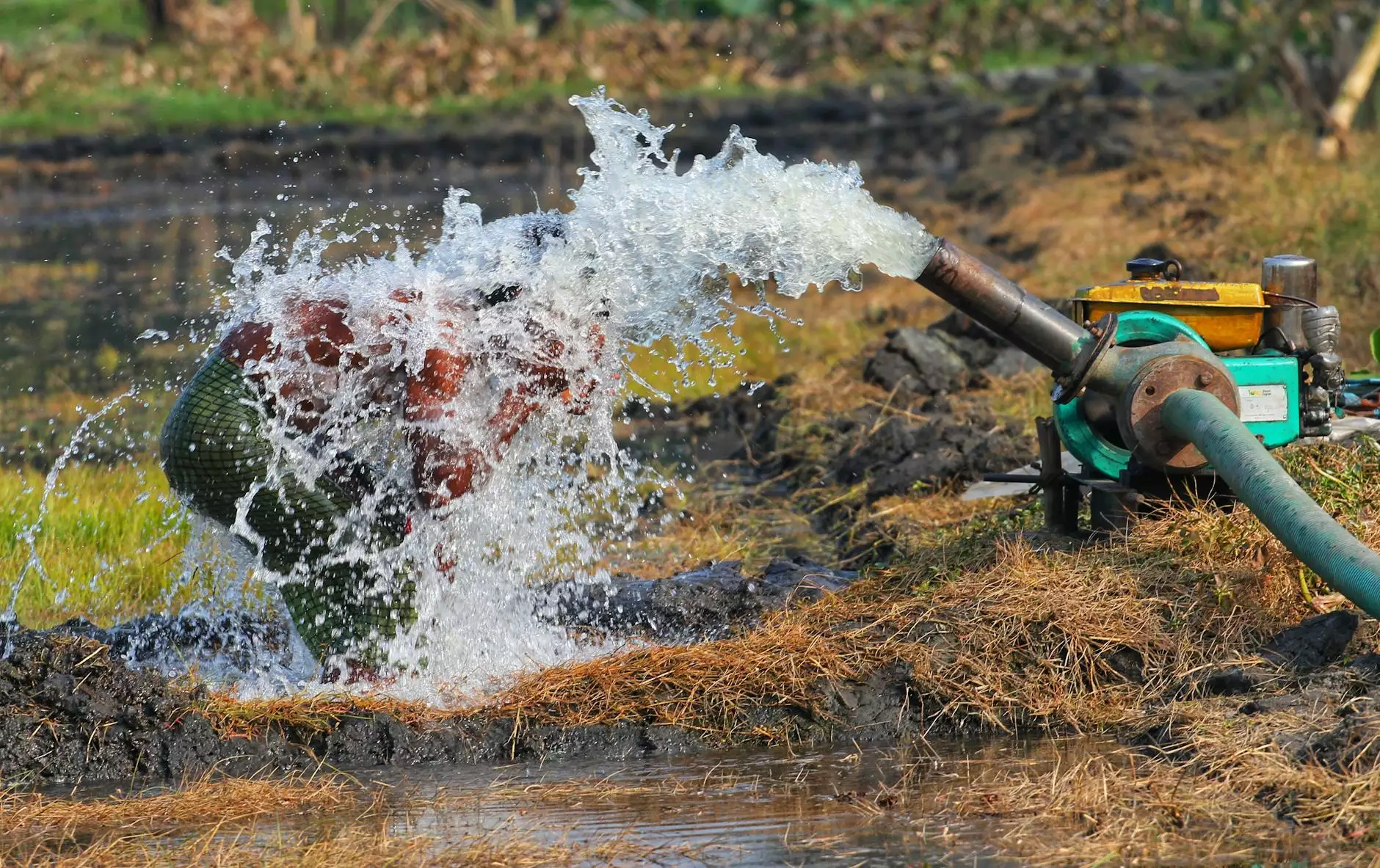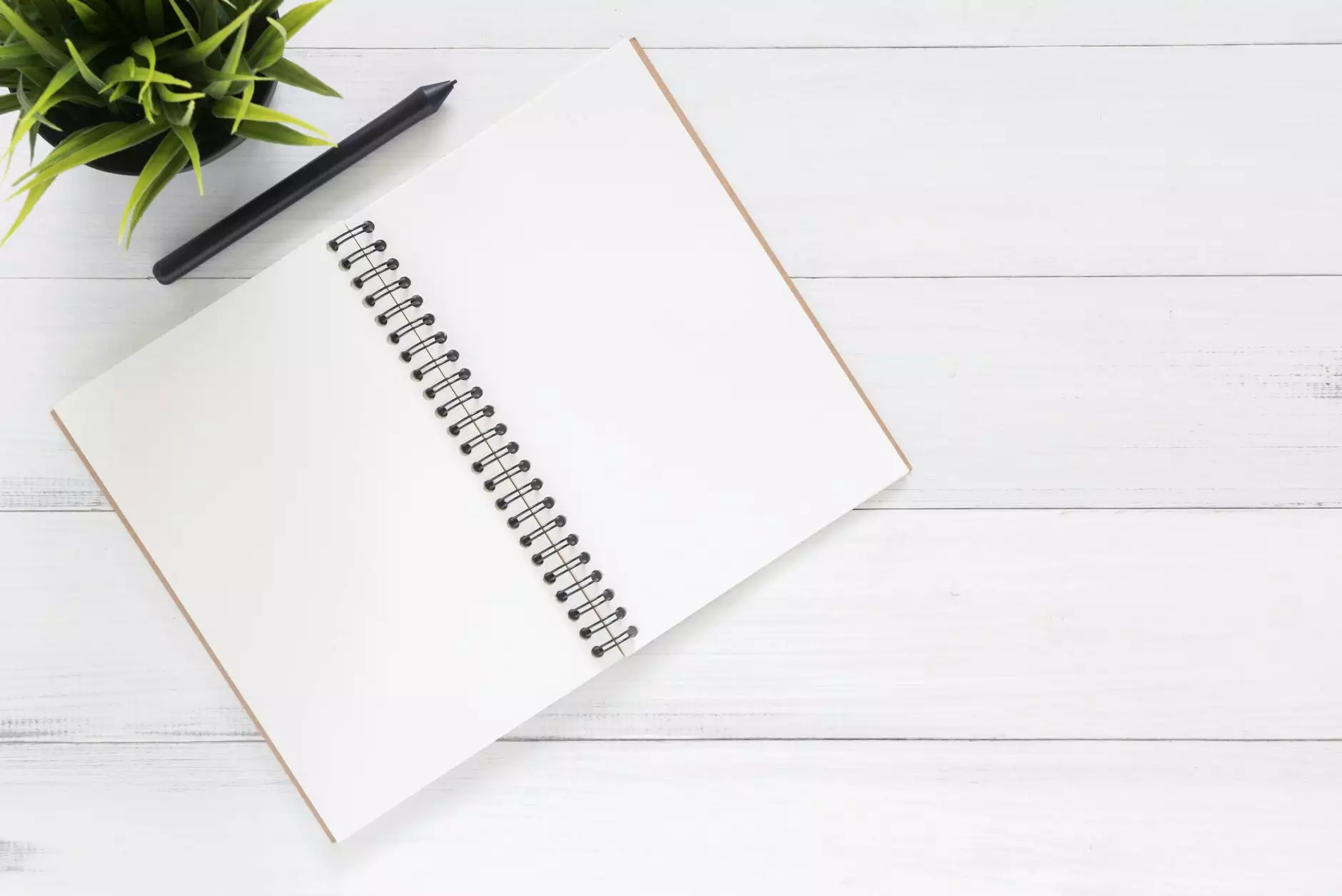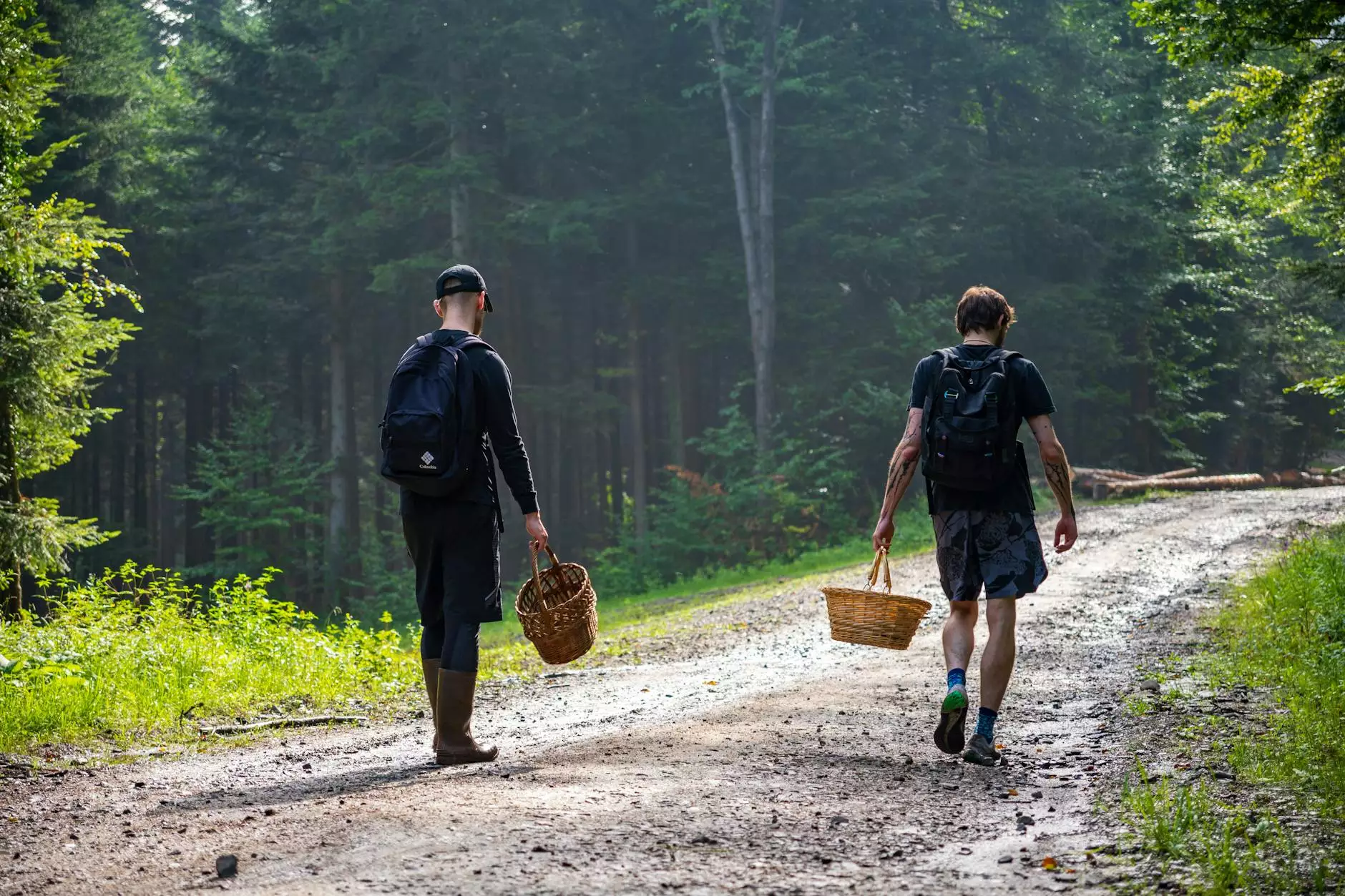Sewer Pipe Freezing: Understanding, Prevention, and Solutions

In the world of plumbing, few issues are as disruptive and challenging as sewer pipe freezing. This problem not only leads to inconvenient blockages but may also result in costly repairs if not addressed promptly. At White Plumbing Company, we understand the need for comprehensive insights into this issue. In this article, we delve deep into the causes, consequences, and effective preventive measures for sewer pipe freezing.
What is Sewer Pipe Freezing?
Sewer pipe freezing occurs when the temperature of the sewer lines drops below the freezing point, causing the water within to solidify. This situation can halt the flow of wastewater, leading to a host of plumbing issues. To minimize the impact, it is essential for homeowners and businesses alike to understand how such phenomena can occur and what can be done to prevent them.
Understanding the Causes of Sewer Pipe Freezing
Several factors contribute to the unfortunate occurrence of frozen sewer pipes:
- Low Temperatures: Prolonged exposure to extreme cold is one of the most direct causes of freezing. When temperatures drop significantly, sewer pipes, particularly those that run underground or in uninsulated areas, can succumb to the cold.
- Insufficient Insulation: Homes that lack proper insulation in attics and crawl spaces are more susceptible to pipe freezing. Insulation helps retain heat around the pipes, reducing the risk of freezing.
- Improper Drainage: If drainage systems are not correctly designed or maintained, water may stagnate in pipes, increasing the likelihood of freezing.
- Extreme Temperature Shifts: Sudden changes in temperature can shock the plumbing system, causing water to freeze rapidly if the pipes are already cold.
- Poor Ventilation: Areas lacking adequate airflow can trap cold air, increasing the risk for pipes situated in those spaces.
Signs Your Sewer Pipes May Be Freezing
Recognizing the signs of sewer pipe freezing early can save you from more significant troubles later on. Here are some symptoms to watch for:
- Unpleasant Odors: If you notice foul smells emanating from your drains, it could indicate a blockage caused by frozen sewage.
- Slow Drains: A gradual slowdown in the drainage system often signifies that water is beginning to freeze within the pipes.
- Gurgling Noises: Unusual sounds from your plumbing may indicate air trapped behind blocked water, a symptom of freezing.
- Frozen Outdoor Lines: If you see ice forming around outdoor sewer lines, it’s a clear indication that your pipes could be at risk.
- Backups: The most alarming sign is sewage backups within your home. If wastewater begins to bubble back into your sinks or toilets, immediate action is required.
Preventing Sewer Pipe Freezing: Essential Strategies
Preventive measures are crucial to safeguarding your plumbing from the harsh effects of cold weather. Here are some effective strategies to consider:
- Insulate Your Pipes: Proper insulation around sewer pipes can help maintain a stable temperature. Consider installing pipe sleeves or insulation jackets.
- Maintain a Steady Temperature: Keeping your home heated during the winter, even in rooms that are not frequently used, helps ensure that sewer lines don’t freeze.
- Allow Faucets to Drip: Allowing your faucets to drip during extreme cold can help prevent freezing, as the continuous flow of water minimizes the possibility of it freezing.
- Seal Cracks and Openings: Inspect areas where pipes enter and exit your home for drafts. Sealing these gaps can help retain heat within your plumbing.
- Educate Your Household: Make sure everyone in your household understands the importance of freezing prevention, especially in extreme weather conditions.
What to Do If Your Sewer Pipe Freezes
If you find yourself facing the unfortunate reality of frozen sewer pipes, prompt action is essential:
- Identify the Frozen Section: Look for signs of freezing and try to determine which section of the pipe is affected.
- Warm the Pipe Gradually: Using a hairdryer or heat lamp, carefully warm the section of the pipe. Avoid using open flame or extreme heat, as it may damage the pipe.
- Keep Faucets Open: Allowing water to flow while attempting to thaw the pipe can relieve pressure and prevent bursting.
- Do Not Use Hot Water: Pouring boiling water over frozen pipes can cause them to crack. Instead, use gradual heat.
- Contact a Professional: If you’re unable to successfully thaw the pipe, or if you notice signs of a leak, it’s critical to contact a professional plumber.
The Importance of Professional Plumbing Services
While there are DIY solutions for managing sewer pipe freezing, the experience, expertise, and specialized tools of a professional plumber cannot be overstated. Here are several reasons why you should consider hiring an expert:
- Thorough Assessment: Professionals can evaluate the entire plumbing system to identify potential vulnerabilities that you may have overlooked.
- Expert Solutions: Qualified plumbers possess the knowledge to implement lasting solutions and preventative measures tailored to your plumbing system.
- Prevention of Future Issues: With regular maintenance and checks, professional plumbing services can significantly reduce the risk of future freezing.
- Insurance and Liability: Hiring a licensed and insured plumber means you are covered in case of any accidents or damages during repairs.
- Time Efficiency: Professionals typically work faster and more efficiently due to their training and experience, saving you valuable time.
Conclusion
Understanding sewer pipe freezing—its causes, symptoms, and solutions—is vital for every homeowner and business owner, especially in regions prone to cold weather. At White Plumbing Company, we emphasize preventative measures combined with the readiness to act promptly if issues arise. By taking proactive steps and seeking professional assistance when necessary, you can ensure that your plumbing system remains operational and effective throughout the winter months. Don't let frozen pipes add stress to your winter—be prepared and protect your plumbing investment. Stay warm and keep your sewage flowing!
For more information or to schedule a service, please visit White Plumbing Company.









